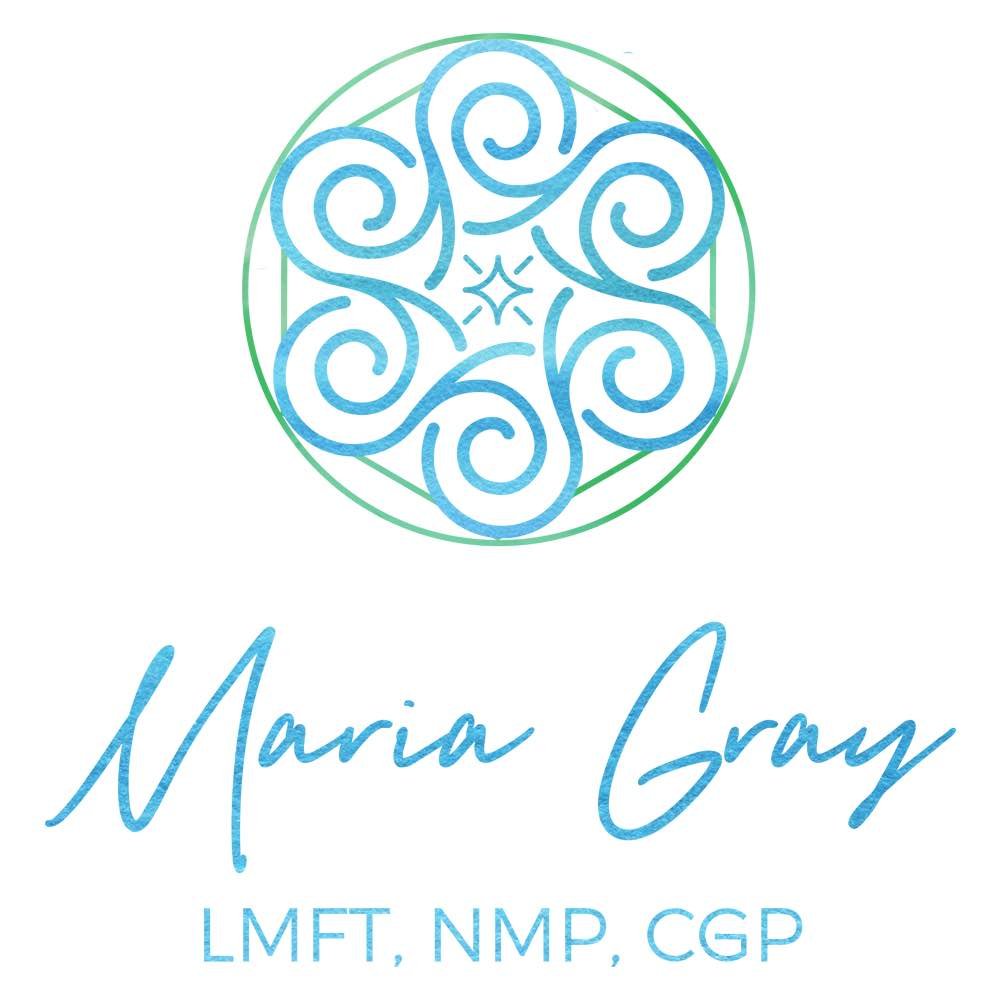Can group therapy help with social anxiety? A Certified Group Psychotherapist's Perspective
About Maria Gray, LMFT, NMP, Certified Group Psychotherapist:
I’ve been involved with the group therapy world for over 12 years, and I attend group therapy conferences every year both in California and nationally.
I’m an active member of the Group Psychotherapy Association of Los Angeles (GPALA), participating in their events throughout Los Angeles, and I enjoyed serving on their board for four years.
What is Social Anxiety?
According to the Anxiety and Depression Association of America, social anxiety goes beyond just being shy.
Social anxiety can disrupt people’s lives. You might have trouble going to work or school, or in other public settings like grocery stores or shopping malls. One of the core components is a fear of being judged by others. Often, people with social anxiety will replay social interactions over and over, analyzing their behavior, especially in situations that may have the potential to feel embarrassing.
Some signs include:
Finding it easier to isolate than to connect with others in social situations
Feeling like family members, colleagues, and even long-time friends don’t actually like you
Fear that any efforts by others to reach out is due to their pity, wanting something from you, or fake
Feelings of strong discomfort, panic attacks, stress, and physical sensations like heart racing or difficulty breathing when in social situations
Can Group Therapy Help With Social Anxiety?
It’s important to clarify here that group therapy sessions are led by a trained psychotherapist. This means you’ll receive feedback both from a therapist and your peers.
For example, as a certified group therapist, I have professional training that allows me to observe members of the group and how they interact with each other. This provides valuable feedback for both in-person sessions in my Santa Monica office, and even works online for my California-wide (and New York & Texas) groups.
Read more: What’s the difference between Group Therapy and Support Groups?
There have been many studies that show group therapy, when conducted by a trained mental health professional, can help participants feel better in social situations.
For example, a study published in 2020 by the Cambridge University Press found that group therapy helped alleviate social anxiety, even for individuals with severe and treatment-resistent symptoms.
How Does it Work?
Group therapy provides an environment where you can practice what I call “emotional improv”: you’ll get a chance to explore your feelings in a therapeutic space with others who also want to learn how to put their thoughts and feelings into words.
In this way, the “emotional improv” of being in a group raises your confidence, which will support you outside of the group in social settings. Over time you’ll find it’s much easier to deal with whatever happens when interacting with others outside of the group.
For example, you may experience social anxiety while interacting with others in the group. But, since it’s a safe container, you might feel comfortable enough to let the group know how you are feeling. The support of a certified group therapist will guide you to speak with others in a way where you can put your thoughts and feelings into words toward others and toward yourself.
Being with your peers also helps you to realize that you’re not the only one who feels this way. Since there will be a range of experiences within the group, you’ll get to see how other people who are coping well handle different situations. This provides hope. Over time, as you grow, you’ll be able to see your own progress as you interact with those who are new to the group.
Eventually, this self-awareness helps you to enjoy healthier relationships.
Online Process Group Therapy Meetings in Los Angeles for Adults with Social Anxiety
Tuesdays ONLINE 12:00PM-1:15PM PST
Wednesdays ONLINE 8:00am-9:15am PST
Wednesdays ONLINE 12:15pm-1:30pm PST
These group therapy sessions are open to California, Texas, and New York residents.
THese are mixed gender groups for adults who experience symptoms of anxiety and/or depression. Group members are encouraged to put their thoughts, feelings and impulses into words. Learn more about yourself and the way you are perceived by others.


